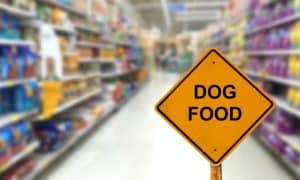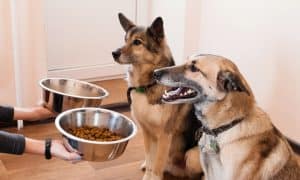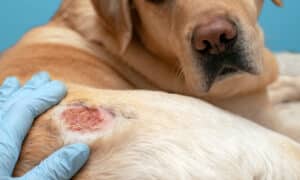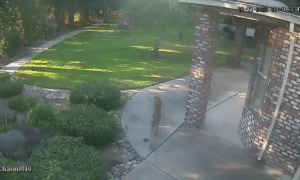“This post contains affiliate links, and I will be compensated if you make a purchase after clicking on my links.”
If you eat animal products, and most of our dogs and cats do, then we have to take into account what our food animals are fed. After all we are what we eat eats.
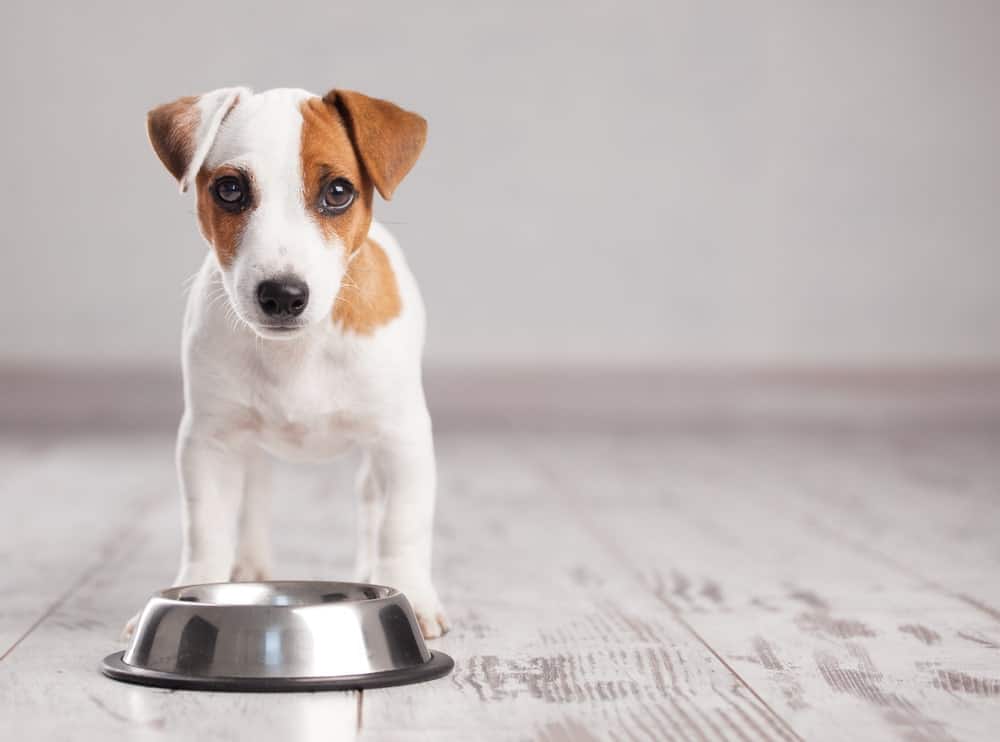
A half hour spent in front of your TV at night is enough to realize that Americans are suffering from a plethora of health issues. It seems like every other commercial is either for a prescription drug, or over-the-counter relief from some health issue. Many people, of all age groups, seem to have a lineup of medications which they take daily. It appears that most people seem to believe this is normal; I can assure you it is not.
A normal, healthy body should go through life with a stable level of health, barring the occasional cold or flu. As we come closer to the end of our lives, we should have a steep decline in health followed by death. This would be a more natural course of events, as opposed to this gradual decline in health over years, which eventually ends in the same place, but with far more suffering in the interim. Unfortunately for our beloved furry companions, they are suffering the same fate of a gradual chronic decline in health for many of the same reasons.
As our country moved away from small independent farms, in favor of large corporately owned operations, the quality and diversity of the food supply decreased drastically. Our food supply is now controlled by a few large corporations who have selected the food we eat, and that of our pets, with profit margin and shelf life as two of the most important factors.
This has resulted in drastic health consequences for both people and their companion animals. Corn, wheat, and soy are the most abundantly farmed crops, and some derivative of one or more of these appear in most, if not all, processed food. Such intensive farming of field after field of a single crop creates a larger pest problem requiring more frequent spraying with pesticides. GMO’s were supposed to cut down on pesticide use, but in fact they have drastically increased the use of these toxic chemicals.
If you eat animal products, and most of our dogs and cats do, then we have to take into account what our food animals are fed. After all we are what we eat eats.
Factory farmed animals are fed food that contains: animal waste, antibiotics, de-wormers, anti-bloating drugs, beta agonists, hormones, organoarsenicals (arsenic), PCB’s, plastics, BHA, and rendered animal proteins from 4D animals (diseased, down, dead and dying) which are prohibited in human food products.[1] Much of this will be stored in muscle, organs, and fat which is then consumed by us and our pets.
Fortunately, it is not all doom and gloom as we can make choices for ourselves and our pets that minimize our exposure to unhealthy foods, reversing many of the issues we face. In doing so we can also put financial pressure on the current system to implement more sustainable forms of agriculture and animal husbandry. This, in turn, creates a healthier planet for all of us.
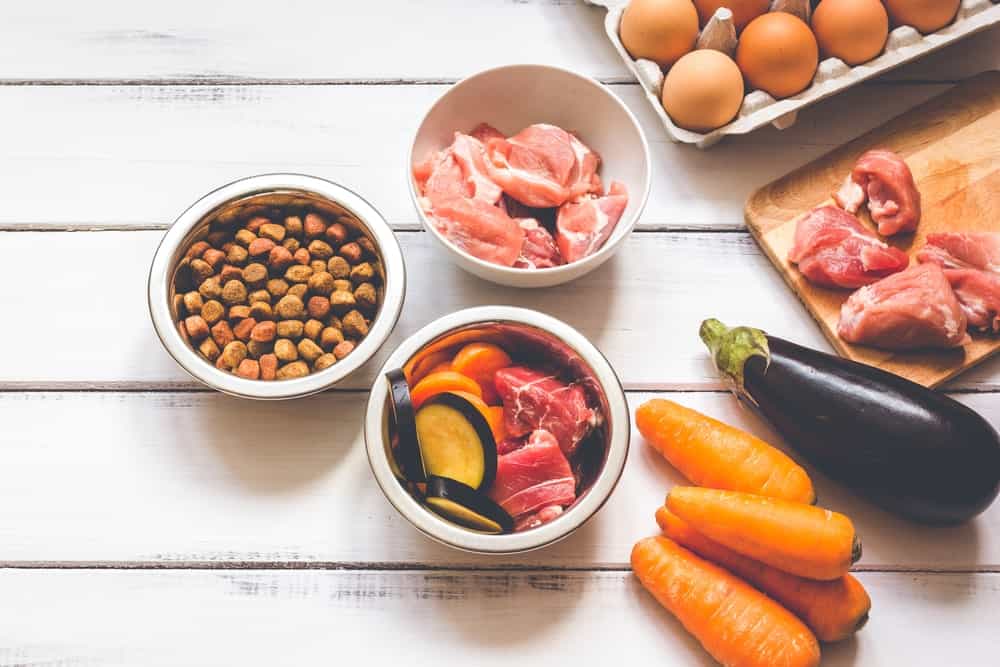
It would be impossible to prevent ingesting, or absorbing all toxins present in our environment. A gentle detox of your pet’s body twice yearly, using a quality herbal blend like Detox Blend, will help the body in its efforts to eliminate harmful substances.
Healthy elimination is critical for keeping our dogs and us in good shape. In this country the simple act of pooping has become a daily ordeal for many. When it comes to our dogs the issue is more often some form of inflammatory bowel disease as opposed to constipation. Although constipation is a problem for some dogs it is not as rampant an issue as IBD. For people, I think both issues are pretty common. Digestive enzymes & probiotics are, in my opinion, health care 101. Everyone, people and their pets, should avail themselves of these wonderfully helpful substances. The supplement Digestive Enzymes & Probiotics by The Pet Health & Nutrition Center is formulated with a heavy emphasis on proteases and peptidase enzymes to meet the needs of our dogs and cats.
It is simple really, eat more whole, unprocessed, organically or sustainably grown food. Although it seems monumental to essentially eliminate most of what you thought of as food, and replace it with actual food, it is not that difficult. Start with a few meals per week and replace an unhealthy snack for a healthy one. There are websites, blogs, and books filled with recipes and ideas for wonderful, delicious, healthy food for both you and your pets. Get started ASAP as your life, and that of your beloved companions truly depends on it.
Written by Maria Reich cofounder of The Pet Health & Nutrition Center and author of A Thousand Lifetimes, The Story of a Woman and her dog: Both Sides of the Tale.
[1] Jean Dodds, DVM & Diane R. Laverdure, Canine Nutrigenomics, The New Science of Feeding Your Dog for Optimum Health, (Washington, Dogwise, 2015) 40.




